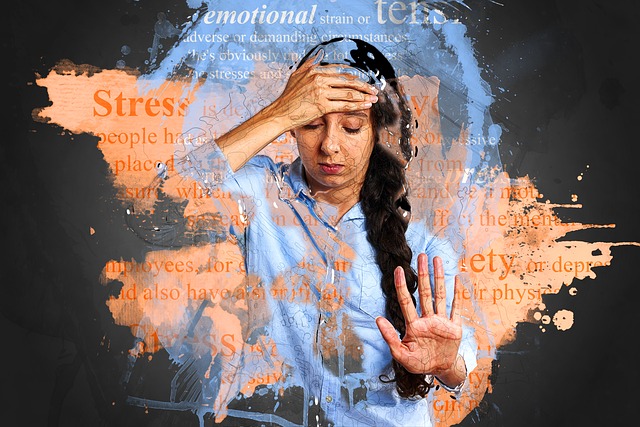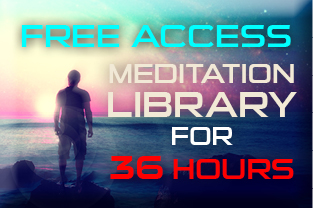Overcoming Postpartum Depression – How to Build up A Healthy Mindset
Giving birth is one of the most elevating and spiritually-fulfilling acts of love that women can experience.
But beyond all the outpour of love, bliss, and newfound happiness, there are some issues that can negatively affect this experience – with postpartum depression being one of the most widely encountered.
The most problematic aspect of it is that it often goes undiagnosed until the depression settles in. By this point, it has already affected the mother’s state of mind and, in some cases, her ability to take care of her newborn.
In these circumstances, what women need is unconditional support. This should be backed up by a healthy mindset based on finding the spiritual resources to help them throughout the recovery process.
How Does Postpartum Depression Manifest?
In scientific literature, this condition is known as Postpartum Obsessive-Compulsive Disorder.
 Many women experience its symptoms but attribute them to some sort of post-natal blues and hope it’s just an adjustment phase.
Many women experience its symptoms but attribute them to some sort of post-natal blues and hope it’s just an adjustment phase.
This happens even with second or third-time mothers, indicating that this state has an accentuated level of unpredictability.
That’s why building a healthy mindset for the post-natal period begins with getting informed about the warning signs associated with postpartum depression:
- severe mood swings
- thoughts of self-harm or harming the baby
- inability to focus
- poor decision-making
- developing extreme eating habits (either too much or too little food intake)
- crying for no apparent reason
- lack of desire to connect with family members
- difficulty bonding with the newborn
- accentuated feelings of worthlessness, shame and guilt for not being a good mother
- panic attacks
- extreme anxiety
- suicide thoughts or even attempts.
As you can see, it’s not just about mood swings. Postpartum depression goes as far as to endanger the physical integrity of both the mother and the child.
The consequences can be drastic, so this is an issue that needs to be addressed sooner rather than later.
How to Tackle Post-Natal Depression – A Suggested Set of Best Practices

The road to recovery is a deeply personal journey. And although there is no well-established or miracle recipe, you can still cope with this kind of depression if you follow these steps:
- Acknowledge: a “but it cannot happen to me” kind of self-talk will lead you nowhere. The sooner you accept your condition, the better and faster you can get away from it by seeking adequate support.
- Connect: get in contact with people who are qualified to help you out. Therapists, friends, spiritual healers – reach out to them without fear of being judged.
- Nourish your body: if possible, make sure your diet is based on organic food, vegetables, and supplements (if needed).
- Nourish your soul: this is where you can experience the biggest amount of change. Energy healing, for instance, clears away the blockages obstructing your aura. Where do these blockages originate from? In many cases, they’re the result of the trauma of birth. And if your energy field is not strong enough, it may leave this trauma unresolved.
- Visualise: each day, try to find 5 minutes of ‘me time’ which you can use to employ the technique of visualisation: close your eyes and picture a peaceful scene in your mind. Then let it impregnate your soul and state of mind.
- Have faith in your strength: although postpartum depression is a serious condition, you can still overcome it if you seek to access the deposits of power lying beneath the surface. In this respect, meditation and other forms of spiritual practices are peace-inducing and can do wonders if you trust your inner capacity to bounce back from adversity.
 You Have the Power to Overcome Postpartum Depression
You Have the Power to Overcome Postpartum Depression
The thing with this kind of depression is that it has direct repercussions on two beings, not just one.
Keep seeking the light both within yourself and in your bundle of joy, your baby, who will bring even more light into your life.
I’ve seen many women struggle with this condition and their beautiful souls managed to find their way back to light. Join me and the One Family and you’ll never be alone.

Platinum Package
"*" indicates required fields
Healing For Horses Enquiry Form
"*" indicates required fields
Sign up for our weekly newsletter, for inspiration and fresh content from Jerry Sargeant.
Event Enquiry Form
"*" indicates required fields
Sign up for our weekly newsletter, for inspiration and fresh content from Jerry Sargeant.
Download Prospectus Form
Download Prospectus Form


